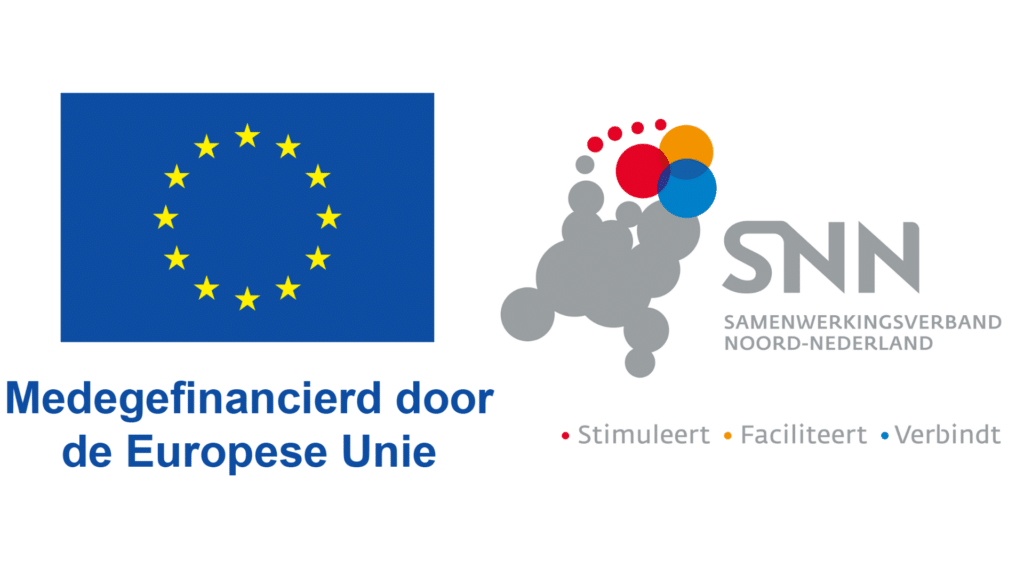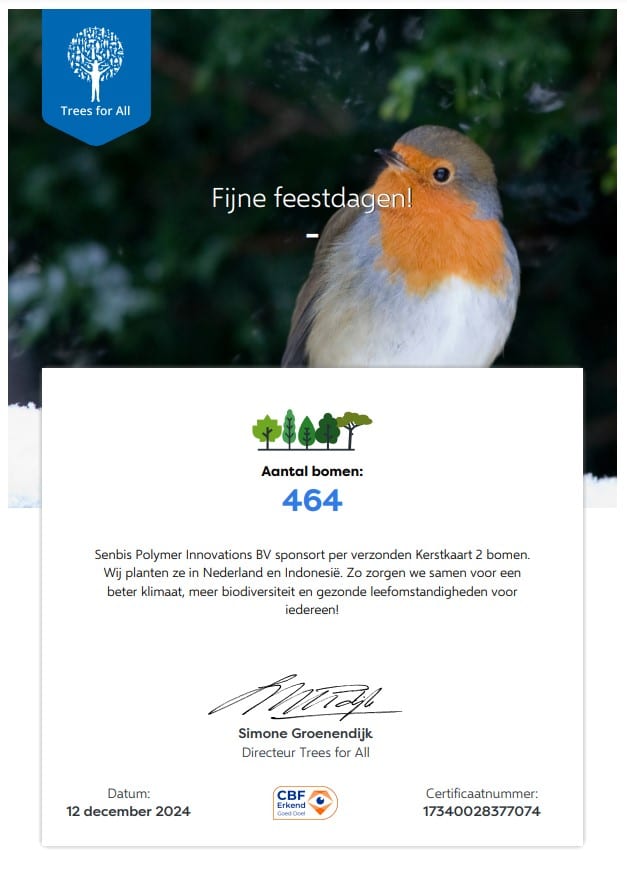
Senbis Polymer Innovations B.V., together with Senbis Sustainable Products B.V. and research institutions RUG, WUR, TNO, and NHL Stenden, will invest 6.6 million euros over the next three years in research on sustainable plastics through the BIOTEKK project. The consortium will receive an additional 3.3 million euros in support from the Just Transition Fund (JTF).
BIOTEKK is a major knowledge development project focused on creating innovations that offer opportunities and solutions for the transition to a green economy. The project aims to develop a solution for (micro)plastic pollution, which may be achieved through the development of biodegradable polymers (plastics) and products made from them.
However, there is currently a lack of fundamental and industrial knowledge to develop a polymer that is both highly biodegradable and possesses the necessary thermal and mechanical properties to be used as a technical fiber or in the textile industry. The BIOTEKK project brings together a unique consortium of knowledge and research partners to systematically develop this knowledge. Alongside this unique pooling and cross-fertilization of expertise, the consortium also has access to highly relevant research infrastructure in the field of sustainable plastics to execute this exceptional knowledge development project effectively.
In collaboration with Senbis, NHL Stenden (NHLS), and the University of Groningen (RuG), new polymers will be synthesized, analyzed, and subsequently tested in various application areas. The mechanical and chemical recycling of biopolymers will also be investigated.
Additionally, to develop targeted biodegradable polymers, more knowledge will be gathered about the mechanisms behind biodegradation. Wageningen University & Research (WUR), as an expert in this field, will join the project and develop a method to measure biodegradation in a reproducible and faster manner, thereby gaining more insight into the underlying processes.
Moreover, this consortium aims to establish a fundamentally new approach to polymer chemistry through the use of artificial intelligence. The Netherlands Organization for Applied Scientific Research (TNO) will use extensive datasets from the other partners to conduct research on machine learning models capable of specifically designing new polymers with desired properties for different application domains.
Concrete outcomes of this project include:
- Knowledge about the relationship between biodegradability and the chemical, physical, and application properties of biopolymers;
- A validated AI model capable of predicting the properties of biopolymers, which can be used to design new biopolymers with specific application properties;
- A validated high-throughput method for measuring biodegradation;
- Validated methods for the mechanical and chemical recycling of biopolymers;
- Proof-of-concepts of a soil- and/or water-degradable polyester with the right thermal and mechanical properties for use as a technical fiber or in the textile industry.

